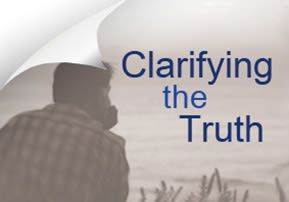
Clarifying the Truth
With self-composure, we clarify truth: Such and such is the truth, and nothing in the world can make me deviate from it or give me the slightest..

And he Refused…
Let’s look at an opposite example, of a tzaddik that had a firm belief in himself – Joseph. The truth was crystal clear in Joseph’s mind, so when Potiphar’s wife tried to tempt him, the Torah says, “And he refused.” We sing this passage with the note that’s called shalshelet, so when reading the Torah we draw out the word “refused” three times longer than most of the other notes that we use to chant the Torah reading. In essence, the Torah is telling us that Joseph refused, and refused, and refused! He had no doubt – another man’s wife is forbidden! No insistence, goading, or temptation in the world could make Joseph veer from what he knew was the truth. He believed in himself: “This is what I learned! This is truth! This is how I must act!”
We also see at the end of Rebbe Nachman’s The Lost Princess, that the viceroy attained such a strong measure of self-composure that nothing could weaken his resolve. He never doubted what he believed was the truth, namely, that the princess had been taken to a mountain of gold and a castle of pearls, and that he must rescue her from there! Even when superhuman giants tried to convince him otherwise, and gave him strong evidence that there’s no such thing as a mountain of gold and a castle of pearls, he remained unflinching in his resolve. As such, he ultimately succeeded in rescuing the princess.
Clarifying the Truth in its Entirety
This is the goal of hitbodedut, and only this is proper hitbodedut. In the first stage, we should clarify for ourselves point-by-point what the truth is according to our holy Torah and how we should act accordingly. We should know what Hashem wants from us in general and what the truth is in any particular instance. We must build a cogent and forceful measure of self-composure: Such and such is the truth, and nothing in the world can make me deviate from it or give me the slightest shred of doubt. This is the meaning of believing in ourselves: we believe in every point that we’ve clarified for ourselves, and nothing can make us swerve from the truth.
In the second stage, once we have clarified a certain point, and the truth is clear to us, we must now pray daily and ask Hashem to help us live according to this unequivocal point of truth, so that no one or nothing can make us deviate from the truth. We also have to ask Hashem to prevent our hearts from tempting us to act otherwise. Even after we’ve clarified the truth, we still have the long war against our internal enemy, the Yetzer Hara, or Evil Inclination, who incites the body against the soul. The Yetzer masterfully and cunningly incites a person to act in discordance with the truth, and makes a person forget the truth that he or she has already clarified. Avoiding the Yetzer’s pitfalls requires daily and incessant prayer.
Rebbe Nachman teaches (Rebbe Nachman’s Discourses, 47): “Therefore, one must overcome and set aside the time required for composing oneself thoroughly, evaluating all one’s actions in this world, whether it is befitting to spend one’s days doing these particular actions. When a person doesn’t compose himself, he doesn’t know what he’s doing, and even if he has an occasional measure of self-composure, it doesn’t last long, and his sense flees with the passing moments. Even the little sense he has isn’t strong and forceful. For this reason, such people don’t understand the folly of this world. But, if one had strong and forceful composure of the mind, he’d realize that everything is folly and nonsense…”
To Learn in Order to Do
Here’s a practical example: A person learns that the Torah commands us to guard our eyes. This is an unequivocal commandment, anchored in Jewish religious law and elaborated in all the major works of ethics and Chassidic thought. Maybe he even heard lectures that aroused him, teaching that the only way to guard one’s eyes is to close them. He also heard that one cannot attain this level without continual daily prayer, asking Hashem to help him fulfill the commandment of guarding his eyes.
With all this in mind, how can such a person walk down a city street with his eyes wide open, gazing in every direction? Simply, such a person lacks self-composure, lacks proper personal prayer, and doesn’t believe in himself! He has yet to clarify to himself that what he has learned is the absolute truth, and he hasn’t prepared himself for a battle of no compromises – to judge himself every day on each and every forbidden sight, and to pray for help in guarding his eyes. Without concerted daily prayer for guarding one’s eyes, it’s impossible to avoid looking at forbidden sights.
Proper personal prayer means standing before Hashem with lengthy prayer, begging, and requesting that we clarify this point of truth until no trace of doubt remains in our hearts: We must close our eyes to forbidden sights. There’s no situation in the world that allows a person to look at a woman, other than members of one’s immediate family. There’s no mitzvah in the world that allows a person to look at a woman, other than choosing a wife. And there’s no reason in the world for one to open one’s eyes in a place where there are women.
To be continued.




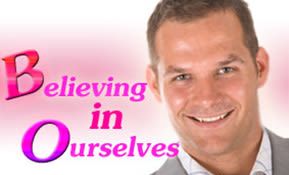
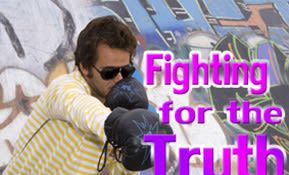

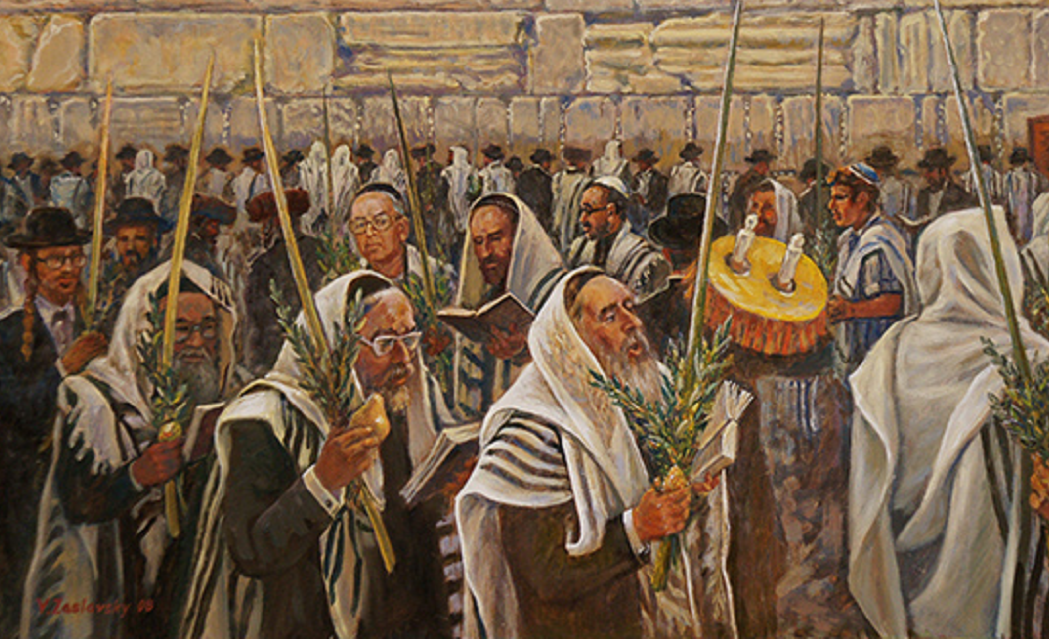
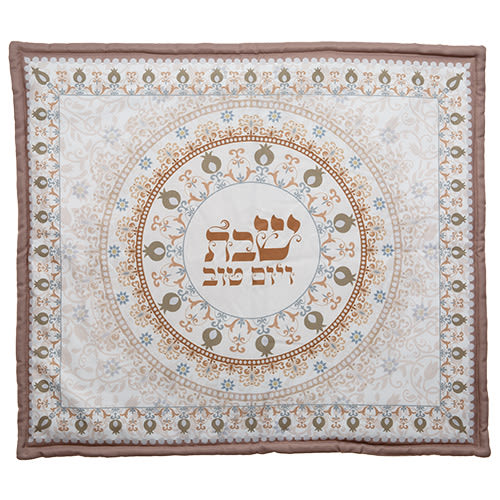


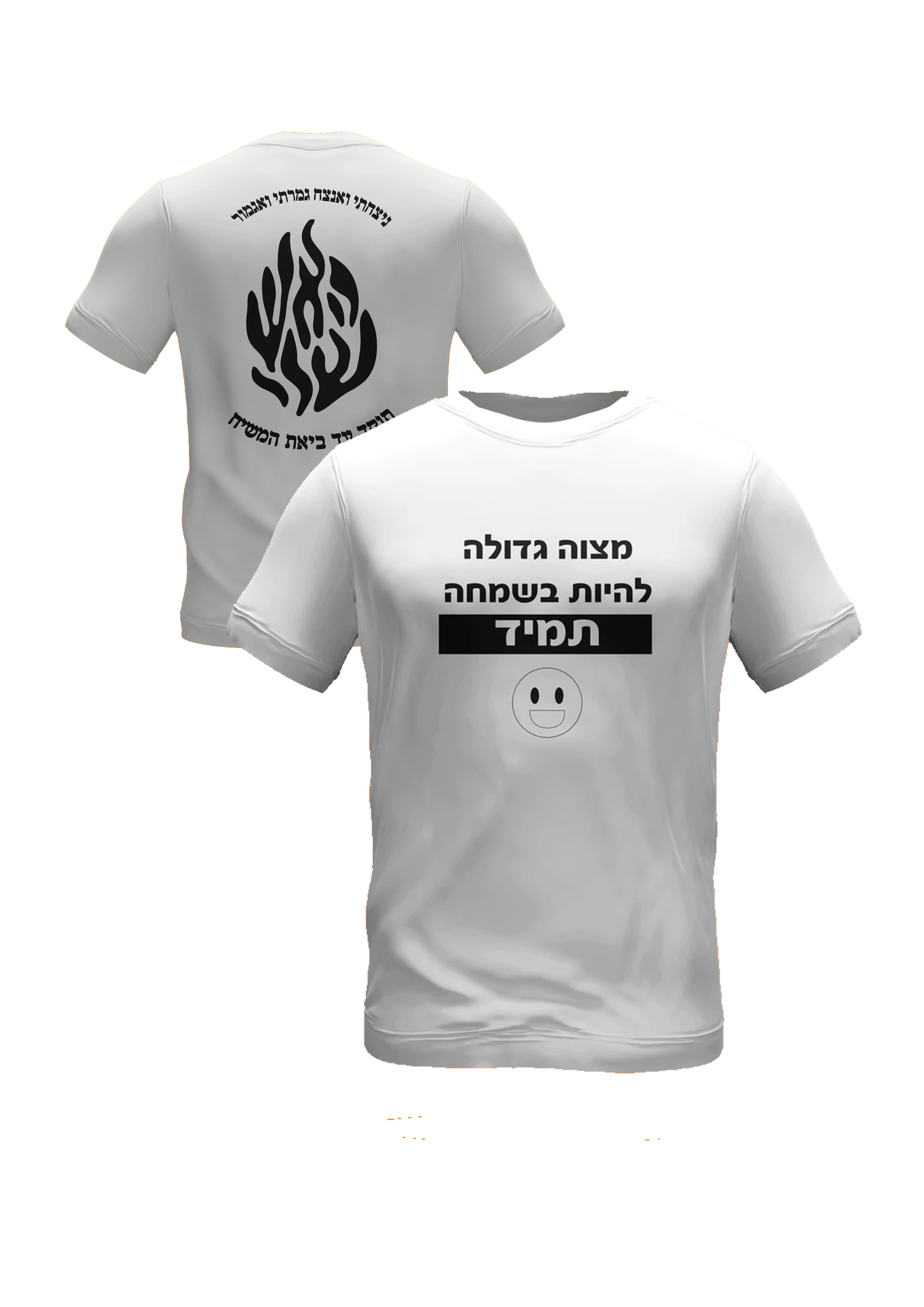
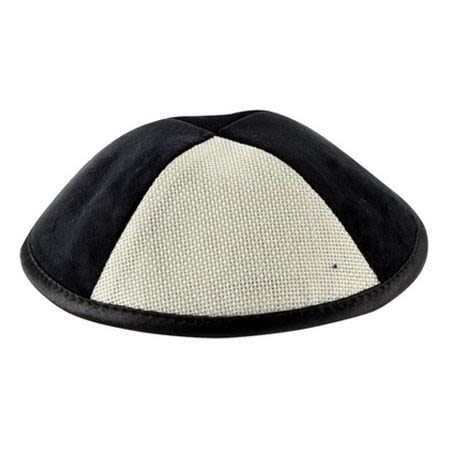

Tell us what you think!
Thank you for your comment!
It will be published after approval by the Editor.